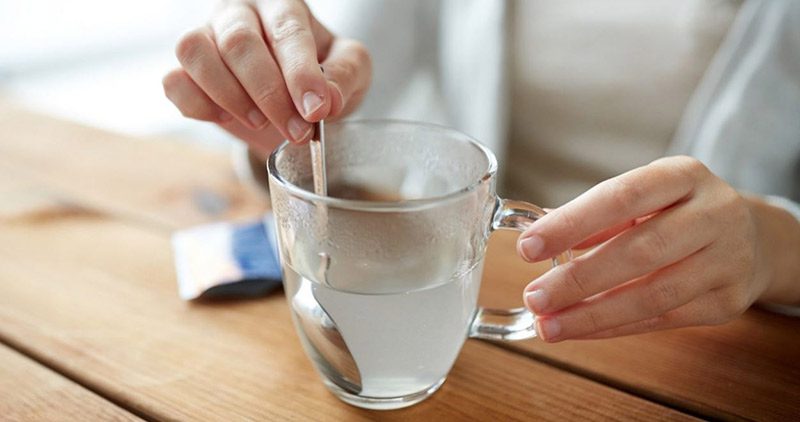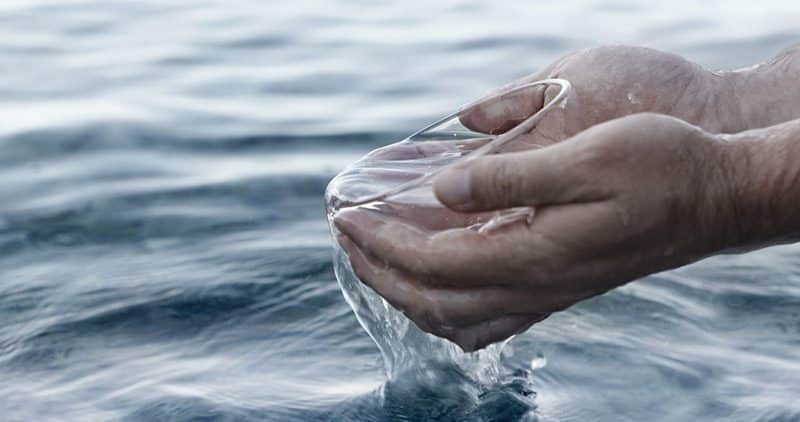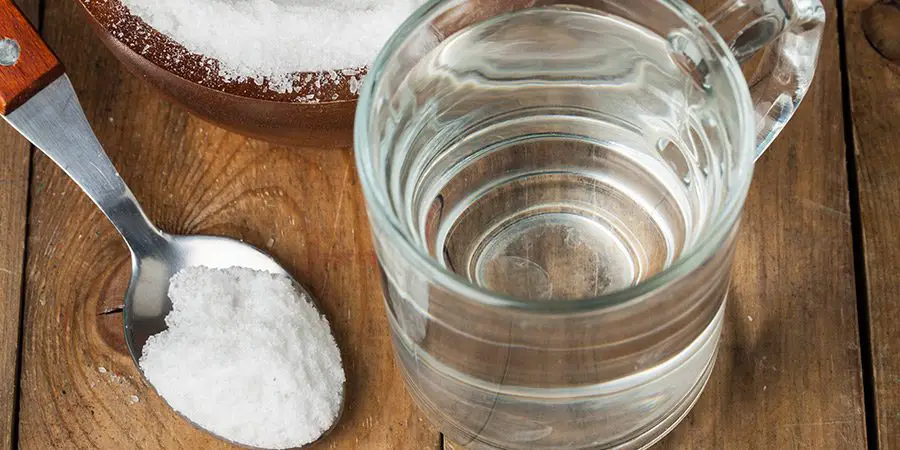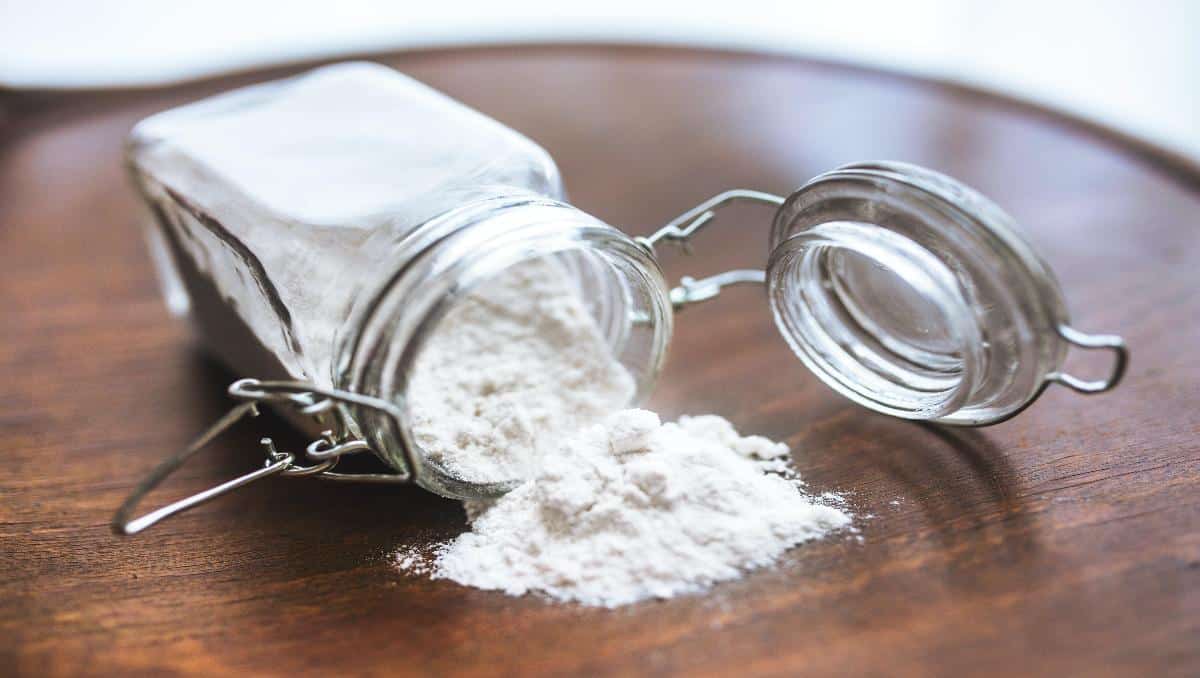The use of salt for medicinal reasons has a lengthy history, reaching back to some of the world’s earliest medical texts.
In many historical documents, the time since Hippocrates utilized salt to combat illness and clean or cure wounds.
It was used as a disinfectant by the Greeks, Romans, and Egyptians to cure cuts, wounds, mouth sores, and skin irritations, and we still use it to this day.
But is it effective? Does salt water really kill bacteria? Read on to find out.
Does Salt Have Antibacterial Properties?
Sea salt is a natural antibacterial and anti-inflammatory used to treat wounds for thousands of years. “Throwing salt on a wound,” as the saying goes.
That’s because that is what folks in the past did to get rid of infected wounds and scrapes. It may seem uncomfortable, but it may help speed up the healing process and clear the region of infection.
In a 2010 research on Hajj pilgrims with respiratory tract infections, they discovered that washing the throat and mouth with salt water is one of the most effective prophylactic methods.
Researchers at Vanderbilt University and in Germany, on the other hand, discovered that sodium — salt — accumulates in the skin and tissue of people and mice to aid in infection management.
A study published in the journal Cell Metabolism concluded that salt storage might be nature’s strategy of preventing microbial invasion and bolstering immune systems.
They also discovered that salt accumulated at the location of bacterial skin infections in six individuals using a magnetic resonance imaging (MRI) technology they developed.
The salt buildup in their afflicted legs subsided when they gave patients the antibiotics. The researchers also examined how a high-salt diet affected mice with recurrent footpad infections.
After eating a high-salt diet, salt storage at the infection site increased, and the infections went away.
However, while salt’s antibacterial characteristics are helpful for several daily tasks, you shouldn’t use it to treat an illness.
If you think you have a bacterial illness, it is best to use salt as a prophylactic precaution and visit a doctor for additional options.
How Salt Kills Bacteria

To comprehend how salt kills bacteria, you must first understand osmosis.
Osmosis is the transport of water through a membrane from high solute concentration regions to low solute concentration areas.
This action keeps solutes (also known as dissolved molecules) in the water on both sides of the membrane in balance.
Assume you have cells in a water solution with a larger concentration of sugar in the water than the concentration of sugar dissolved in the water within the cell.
Another way of putting it is that the concentration of water molecules within the cell is more significant than outside.
Water would travel from within the cell (where water concentration is greater) to outside the cell in this situation (where water concentration is lower).
To achieve balance, this does two things. For starters, it raises the concentration of water outside the cell while lowering the concentration within.
High amounts of salt kill germs due to this osmosis mechanism. When there are excessive salt concentrations outside of a bacterial cell, water from inside the cell diffuses out to bring the salt concentration down to normal.
When bacterial cells lose all of their water in this way, the following happens:
- The cell is dehydrated.
- It causes the cell’s structure to be lost.
- The enzymes and proteins became dysfunctional.
- Cell death occurs as a result of this process.
Therefore, salt causes bacteria to lose all of their water, resulting in cell death. Some bacteria, on the other hand, are salt-tolerant. These bacteria are known as halotolerant bacteria.
How To Use Salt As Disinfectant
Salt is a natural disinfectant that was widely available during eras when modern medicine and pharmacy had not emerged.
It was widely used in unsanitary settings when medical resources were unavailable, such as during war or migration.
Today, we still use salt to disinfect infection-prone regions such as wounds, cuts, and burns.
However, if you ever find yourself using it, remember that this powder should only be used as a temporary treatment, especially when it comes to wound cleaning. Improper use of salt may be dangerous.
About Salt Water Rinse

Mouthwash helps you breathe fresher and clean places that your toothbrush can’t reach, but saltwater rinses are often less expensive and may be just as helpful in enhancing your dental health and cleanliness.
You may use salt water rinses to treat various oral problems, from canker sores to allergies and toothaches, and disinfect them. They are also suitable for your respiratory health, great during cold and flu season.
Saltwater rinses help prevent germs from growing in your mouth. They function by altering the pH balance in the mouth, resulting in a far more alkaline oral environment in which bacteria cannot survive.
Because dangerous germs prefer an acidic environment, the mouth may become less irritated and healthier after you neutralize them.
When used with chronic plaque management, a small 2017 research found that saltwater rinses efficiently reduce dental plaque and oral bacteria count.
Because saltwater stimulates gingival migration and increases extracellular components, which aids in wound repair, it supports healing in various dental operations.
Similarly, research published in 2020 indicated that gargling with salty water helped reduce upper respiratory infections by 2 1/2 days on average.
On the other hand, overuse of salt rinses might irritate gums and cause more bleeding. While saltwater solutions are typically safe to consume, it is preferable to spit them out.
Spitting up saltwater is more effective in keeping the infection at bay when it comes to illnesses. Using repeated mouth rinses every day and ingesting too much saltwater, on the other hand, may dehydrate you.
To prepare salt water rinse:
- Dissolve the salt in hot water to make a mouth rinse. Add a teaspoon of baking soda if desired (sodium bicarbonate).
- Dissolve the salt in hot water to make a sterile solution. Place a cover on the container to keep the solution sterile and prevent microbes from entering the liquid or airspace as it cools.
- Fill sterile containers with the sterile solution. Containers may be sterilized by boiling them or treating them with a disinfectant solution, such as the kind offered for home brewing or winemaking.
It is crucial to prevent contaminating the liquid, so create just as much as you will need, let it cool, and then discard the rest.
You might also be interested in exploring alum powder as alternative methods for disinfection beyond traditional options. Alum has an extended shelf life and notable antibacterial properties.
Is It Safe to Use Seawater For Disinfecting?

More than simply water and salt make up the oceans. Bacteria, as well as other things, may be found in them.
As long as the saltwater is saline, you may utilize it for disinfection. Seawater is likewise salty, although not as salty as saline water.
The fundamental difference between these two is that saline is clean, while seawater is not. Because of the danger of infection, those with open wounds are recommended not to swim in the water.
While saltwater (such as saline) has long been used in wound treatment — mainly to remove foreign materials from wounds or clean them before dressing them – the saltwater in the ocean is not sterile.
There are a few things to think about before diving into the water with an open cut or wound:
- Your immune system’s condition
- Your wound’s condition
- The condition of the ocean you’re swimming in
- Whether you are in the tropics or not
Even though your wounds seem alright after swimming in a tropical paradise, it is good to clean them with sterile saline solution or antiseptic immediately after you get out of the water.
In conclusion, swimming in the water is not an excellent approach to treating an open wound.







